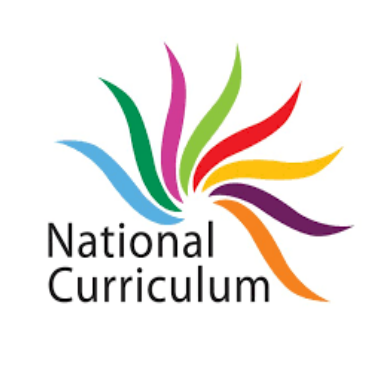Maths

'Mathematics is not about numbers, equations, computations, or algorithms: it is about UNDERSTANDING' - William Paul Thurston
The Maths team at Chapelford Village Primary School consists of Mrs Hackett, Mrs King, Mrs Grice, Miss Hardman, and Mrs Southern. We are all passionate about helping every child develop a love for maths and achieve their very best. As enthusiastic and reflective teachers, we understand how important it is to build children’s confidence, fluency, reasoning, and problem-solving skills. By nurturing our pupils to become confident, fluent mathematicians, we aim to empower them to reach their full potential and approach the future with curiosity, creativity, and resilience — equipped with essential mathematical skills that will support them throughout their lives.
Intent:
At Chapelford Village Primary School, our intent is to develop confident, curious, and resilient mathematicians who can apply their skills and knowledge to solve real-life problems. We believe that mathematics is a vital skill for understanding and shaping the world around us and a solid foundation in mathematics is essential for our pupils’ future learning and success. This long-term goal is achieved through exploration, clarification, practice and application over time. At each stage of learning, children should be able to demonstrate a deep, conceptual understanding of the topic and be able to build on this overtime.
Through our maths curriculum we aim to:
- Fulfil the requirements of the National Curriculum.
- Build strong foundations in number, calculation, and reasoning so every child can progress with independence and confidence.
- Lay the foundations needed for successful learning through the robust delivery of our Early Years Curriculum which is tailored to our pupil's needs.
- Develop a deep knowledge of fluency through varied and frequent practice.
- To close any gaps children may have in their knowledge through quality teaching and targeted intervention so that no child is disadvantaged.
- Foster reasoning and problem-solving skills, enabling children to explain their thinking through the use of mathematical vocabulary and make connections across different areas of maths.
- Bring learning to life as children have real-life experiences of maths in their world. We use practical apparatus, known as manipulatives, in our lessons to help children see and understand complex mathematical ideas clearly.
- Ensure inclusion and challenge for all, supporting every pupil to achieve their full potential, regardless of their starting point.
- Promote mathematical resilience, so children see mistakes as learning opportunities and persevere when faced with challenges.
- Promote a love of maths!






Implementation:
We implement our intent by following a carefully sequenced and structured long term plan that builds on prior knowledge and ensures depth of understanding. Our curriculum is designed around the principles of fluency, including varied fluency, reasoning, and problem-solving, enabling all children to become confident and independent mathematicians.
We implement our intent by:
- Adopting a mastery approach which includes small, carefully planned steps that ensure secure understanding of key concepts before new learning is introduced, where all pupils move through content at broadly the same pace to support deeper thinking.
- Providing Concrete–Pictorial–Abstract representations, supporting children in making connections between practical experiences, visual models, and abstract concepts.
- Providing regular fluency practice throughout the day, including recall of number facts, times tables, and mental arithmetic, to strengthen automaticity and confidence.
- Providing a range of opportunities for reasoning and problem-solving across the week to encourage children to think critically, explain their ideas clearly with mathematical sentence stems and vocabulary, and opportunities to apply their knowledge in different contexts.
- Use of a wide range of high-quality resources which are adapted to meet the needs of our learners.
- Continually using assessment for learning to identify gaps, inform planning, and ensure all children are appropriately supported and challenged.
- Providing ongoing professional development for staff, ensuring consistent, high-quality teaching of mathematics across the school.
In addition to this, we have developed progression documents that show each child’s learning journey through the different strands of maths. These help us to support pupils in recalling what they have already learned and in building upon this knowledge.
To ensure accuracy and consistency in our teaching of mathematics we have developed calculation policies for each area of maths which is an additional progression document that we use to ensure high-quality teaching of mathematics across the school.
For each topic, we have created skills trackers that outline the specific skills children need to learn and refer to throughout their learning to measure their success.
![]()
![]()
We also make regular use of a formal assessment tool known as our pre- and post-learning tasks. The pre-learning task is completed before a new topic begins to assess pupils’ understanding of content from the previous year group before introducing new learning. The post-learning task is completed after teaching the topic to assess whether pupils are secure in their understanding and to identify any gaps in knowledge.

Brainy Bev
Brainy Bev is a Maths hero who helps us to structure our mathematical reasoning in order for us to ensure that we are delving into the mathematical background. Brainy Bev offers us sentence starters such as:
- When I tried... I noticed that...
- If this is true then...
- This can't work because...
These help us to demonstrate our understanding of the key knowledge and skills we are exploring.
Vocab Vic
Vocab Vic is another Maths character who helps us to explore our understanding but this time, he provides us with mathematically correct vocabulary so we can ensure we are mastering each skill. When reasoning, or simply explaining our thoughts, Vik helps us to articulate our understanding so we can begin to make links to other skills.
Photos of Brainy Ben and Vik's Vocab in action:
Impact:
The impact of our maths curriculum is that pupils at Chapelford Village Primary School:
- Develop secure and deep mathematical understanding, enabling them to reason, problem-solve, and make connections across concepts.
- Become fluent and flexible thinkers, able to recall and apply mathematical facts and strategies efficiently.
- Demonstrate confidence, resilience, and perseverance, viewing mistakes as opportunities to learn and improve.
- Use a range of mathematical language accurately to explain their thinking and justify their answers.
- Apply their mathematical knowledge to real-life contexts and across other areas of the curriculum.
- Make strong progress from their starting points, with attainment in line with, and often above, national expectations.
- Leave primary school as confident, capable mathematicians, well-prepared for the challenges of secondary education and equipped with the skills they need for future success.
- Develop a love of maths.
Times Tables at Chapelford












How to support your child at home
At Chapelford Village Primary School, we believe that parents play a vital role in supporting their children's learning in maths. You can help by encouraging a positive attitude towards maths at home, practicing everyday maths though activities like cooking, shopping or telling the time and engaging with your child's homework.
Simple games, puzzles and online resources can also make learning fun and boost confidence. Most importantly, talk to your child about what they're learning and celebrate their progress - every little step counts!
Here are some useful websites to support maths learning at home:
- Topmarks - Interactive maths games and resources for all ages
- BBC Bitesize - Clear explanations and activities for Key Stages 1 and 2
- Maths Playground - Fun games and puzzles to build fluency and logic
- Times Tables Rock Stars - A fun way to practice multiplication skills
- Mathletics
- Mathseeds
These sites offer engaging ways to reinforce classroom learning and build confidence in maths.
At Chapelford Primary School, we recognise the vital role that home learning plays in supporting our pupils’ progress and fostering a love of lifelong learning. Our home learning expectations are designed to complement classroom teaching, encourage independent study habits, and strengthen the partnership between school and families.
We aim to provide meaningful and engaging tasks that enable children to consolidate their learning, develop new skills, and share their achievements with those at home. Together, we can ensure that every child reaches their full potential both in school and beyond.
Click on the National Curriculum image for the National Curriculum programme of study for Maths.
Related News
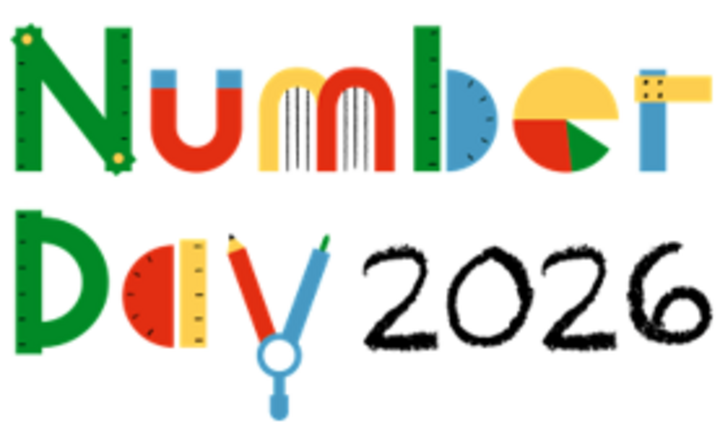
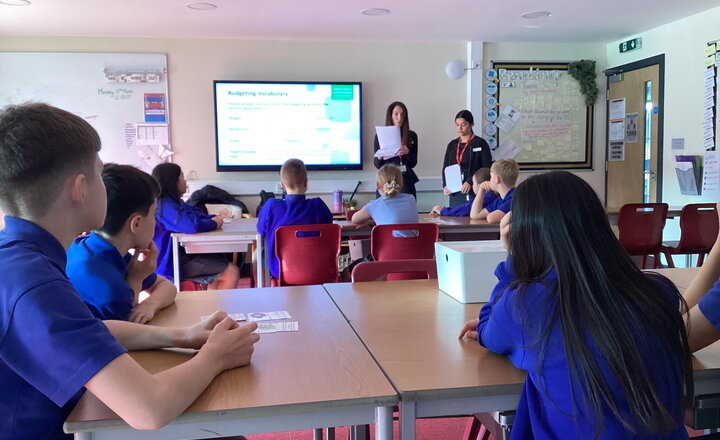
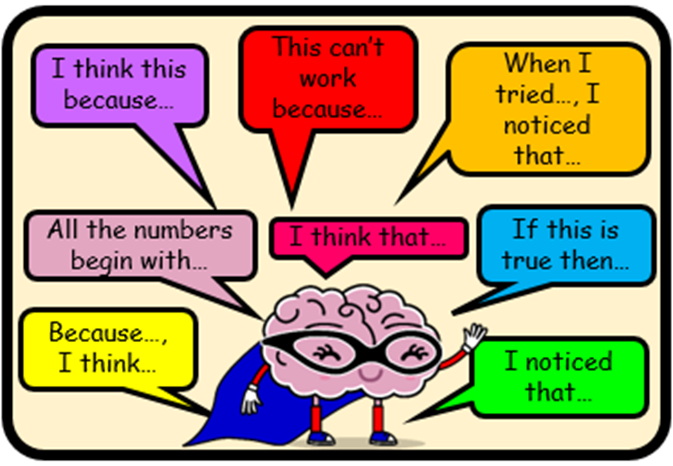

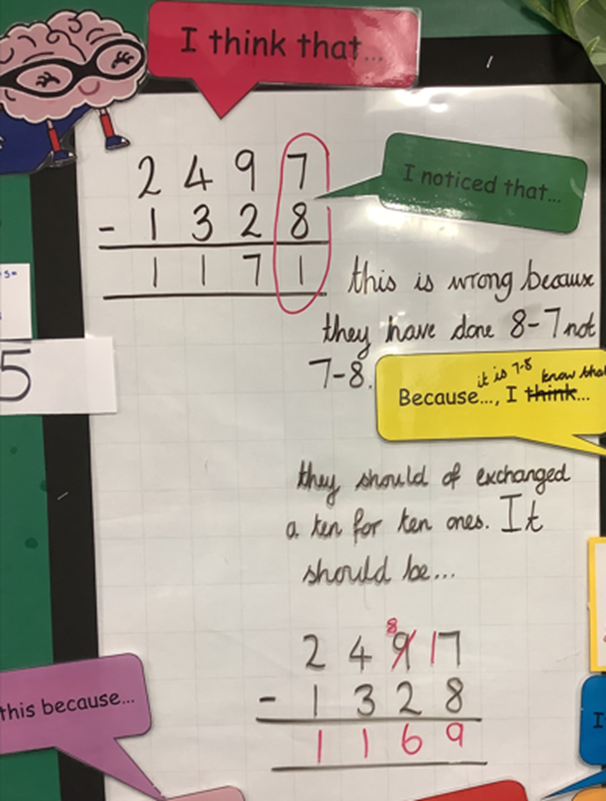
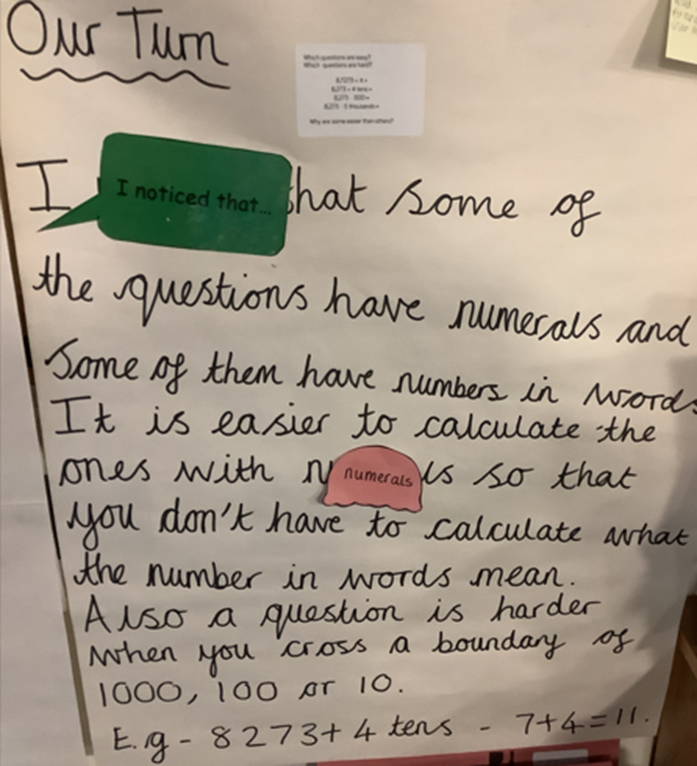
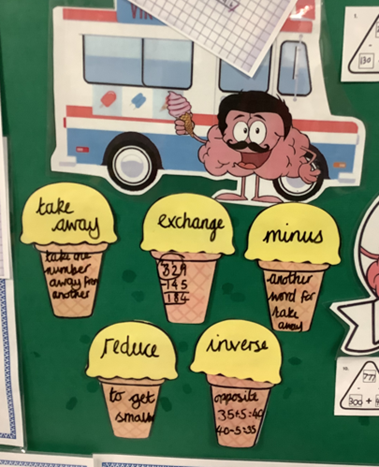

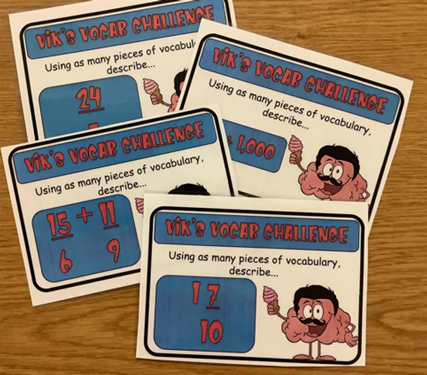
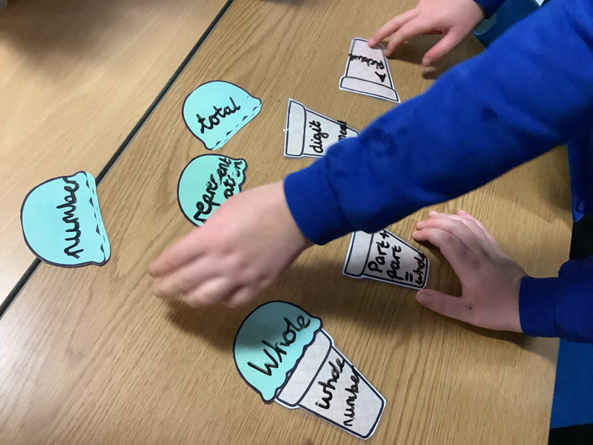
.webp)



.jpg)

